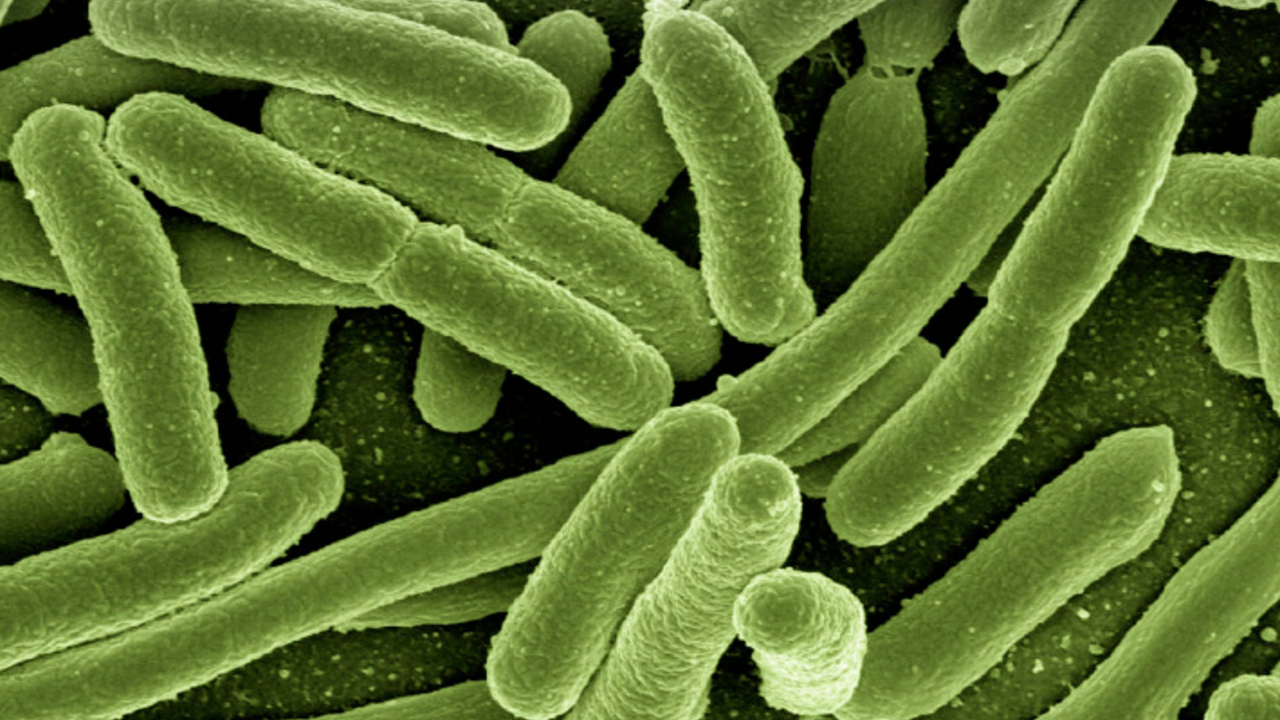“Anything in chemistry that requires energy to produce releases energy when it breaks down,” says Pablo Cruz-Morales, lead author of the study. Petroleum jet fuel releases enormous amounts of energy when ignited. Scientists thought there had to be a way to repeat this without waiting for millions of years for new fossil fuels to form.
Jay Kisling, a chemical engineer at the University of California at Berkeley, has synthesized a molecule that can produce a lot of energy. The molecule Kisling recreated is called Jawsamycin, which is produced by the bacteria streptomyces. This molecule is formed as a result of the natural metabolism of bacteria when digesting glucose.
Cruz-Morales explains that the fuel produced by the bacteria will work like biodiesel. It will need to be processed before it can ignite at a lower temperature, but once ignited it will be powerful enough to launch a rocket into space.
Source: Ferra











